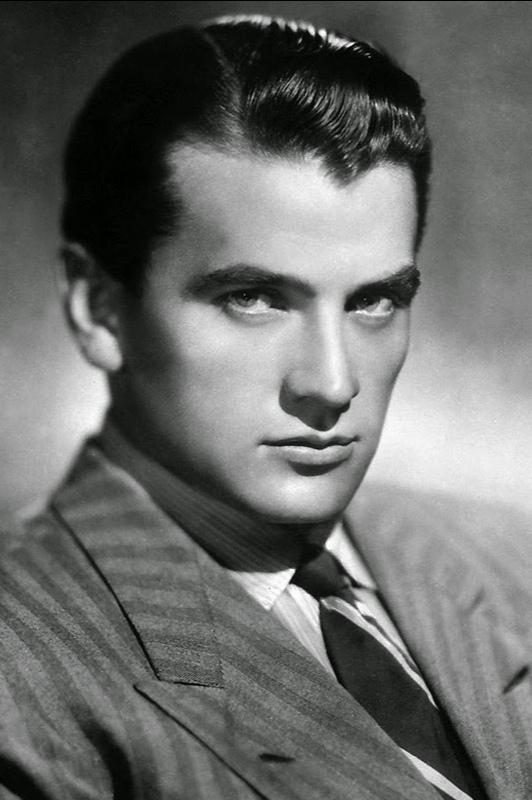

Overburdened and stuck in a greying marriage, Giovanna takes to caring for a Jewish Holocaust survivor her husband brings home. As she begins to reflect on her life, she turns to the man who lives across from her.
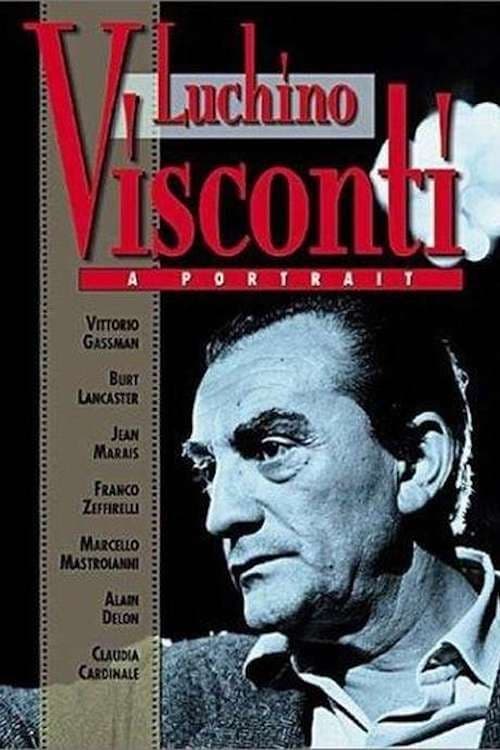
A chronological look at the creative life of Luchino Visconti (1906-1976). It examines his theatricality, role in the neorealist movement, use of melodrama, and relation to decadence. It touches on the impact of a fabulously wealthy childhood, his writing for "Cinema," his politics, his work with Renoir, his appreciation of Thomas Mann, and his deep knowledge of literature and the arts. Visconti moves constantly between film and the theater, staging plays provocatively, working with Maria Callas at La Scala, and shooting films in theaters. Clips from his films and interviews with actors, crew members, and critics provide details for this portrait of creativity.
Horst Tappert plays a high-ranking dignitary in the Vatican who will soon be made a cardinal. But shortly before this goal, a young woman confronts him in the confessional and accuses him of hypocrisy. She reveals that she is his daughter, whose existence he did not know. Now he is faced with a choice: if he commits to her, he risks his appointment; If he denies her, he loses the only person who is close to him.
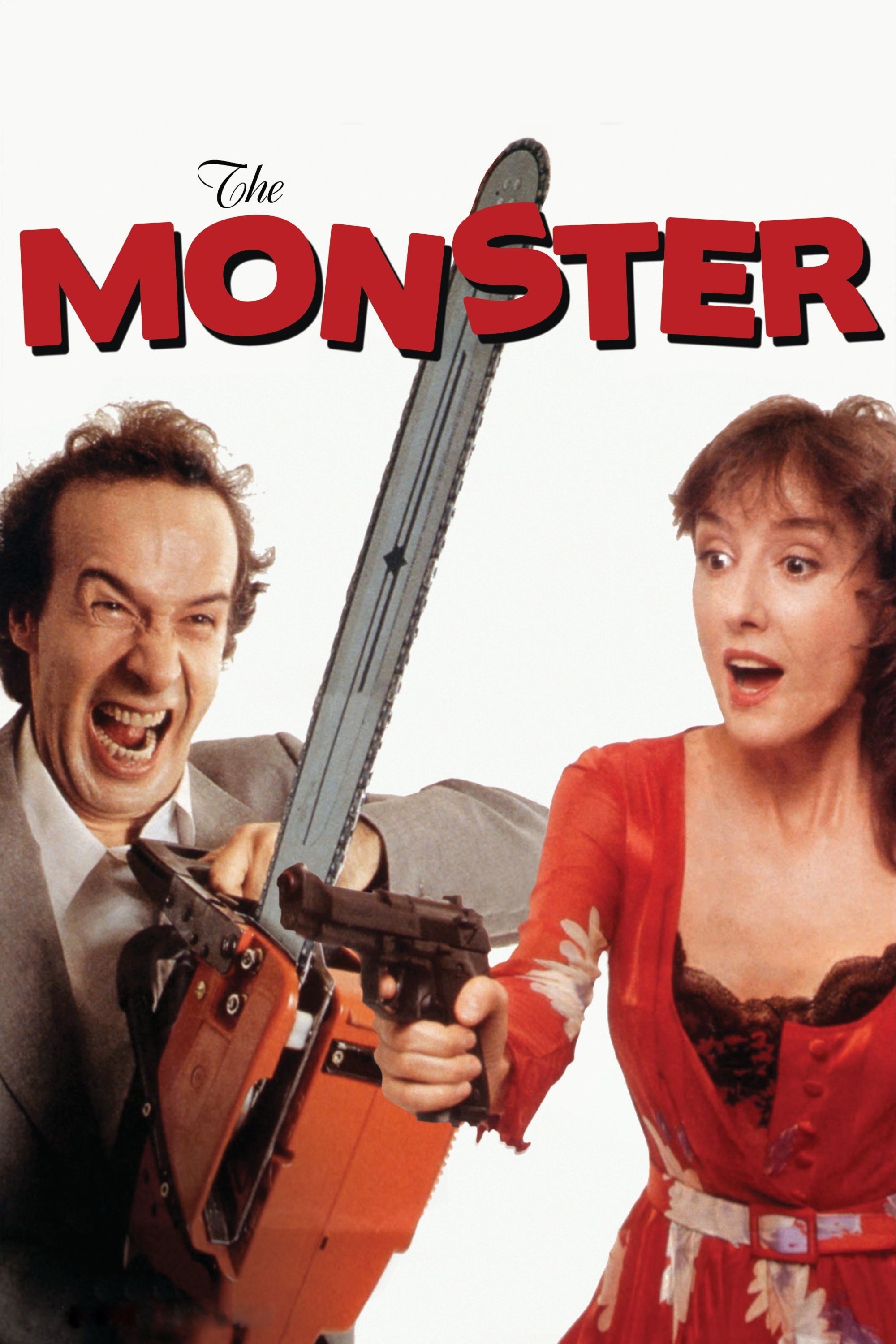
A vicious serial sex killer is on the loose, and landscape gardener and shop-window outfitter Loris is the prime suspect, thanks to his unfortunate habit of getting caught in compromising situations (for which there is always a totally innocent explanation that the police fail to spot). Undercover policewoman Jessica is assigned by eccentric police psychologist Taccone to follow Loris.

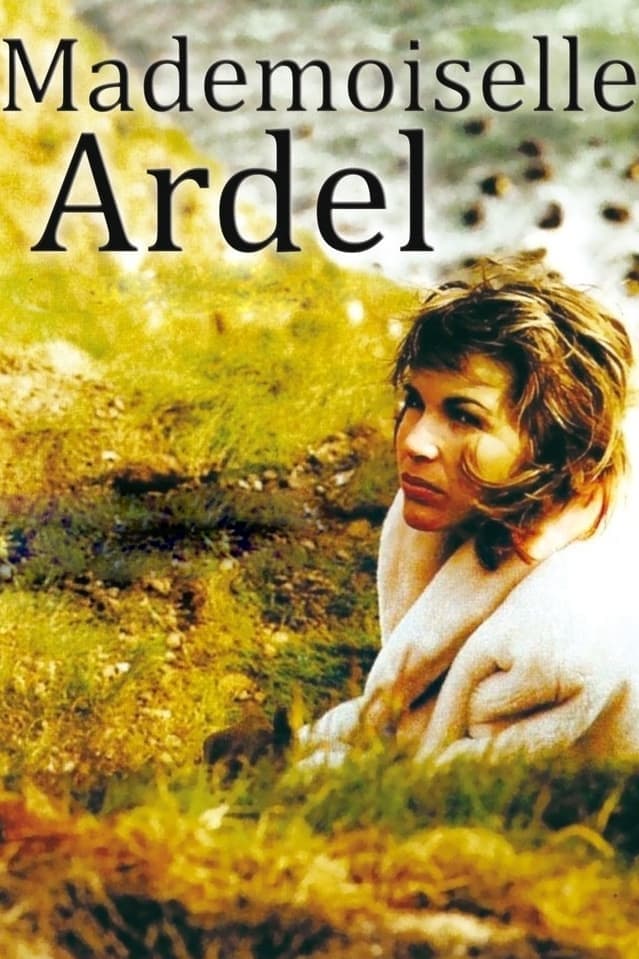
In Paris, Maxi Ardel, in her elegant forties, successfully and firmly runs a haute couture house bearing her name. In Florence, she is about to take over a textile company that belonged to an old Italian aristocratic family, the di Falco. She has, indeed, a revenge to take on them. Count Massimo di Falco had stolen her child twenty years earlier. Driven by a desire for revenge, Maxi wants to destroy this family at all costs, but she has to count on Countess Bianca, who is ready to defend herself from her former rival. From then on, the two women fight without mercy.

A history of the French Revolution from the decision of the king to convene the Etats-Generaux in 1789 in order to deal with France's debt problem. The first part of the movie tells the story from 1789 until August 10, 1792 (when the King Louis XVI lost all his authority and was put in prison). The second part carries the story through the end of the terror in 1794, including the deaths by guillotine of Louis XVI, Marie-Antoinette, Danton, and Desmoulins.
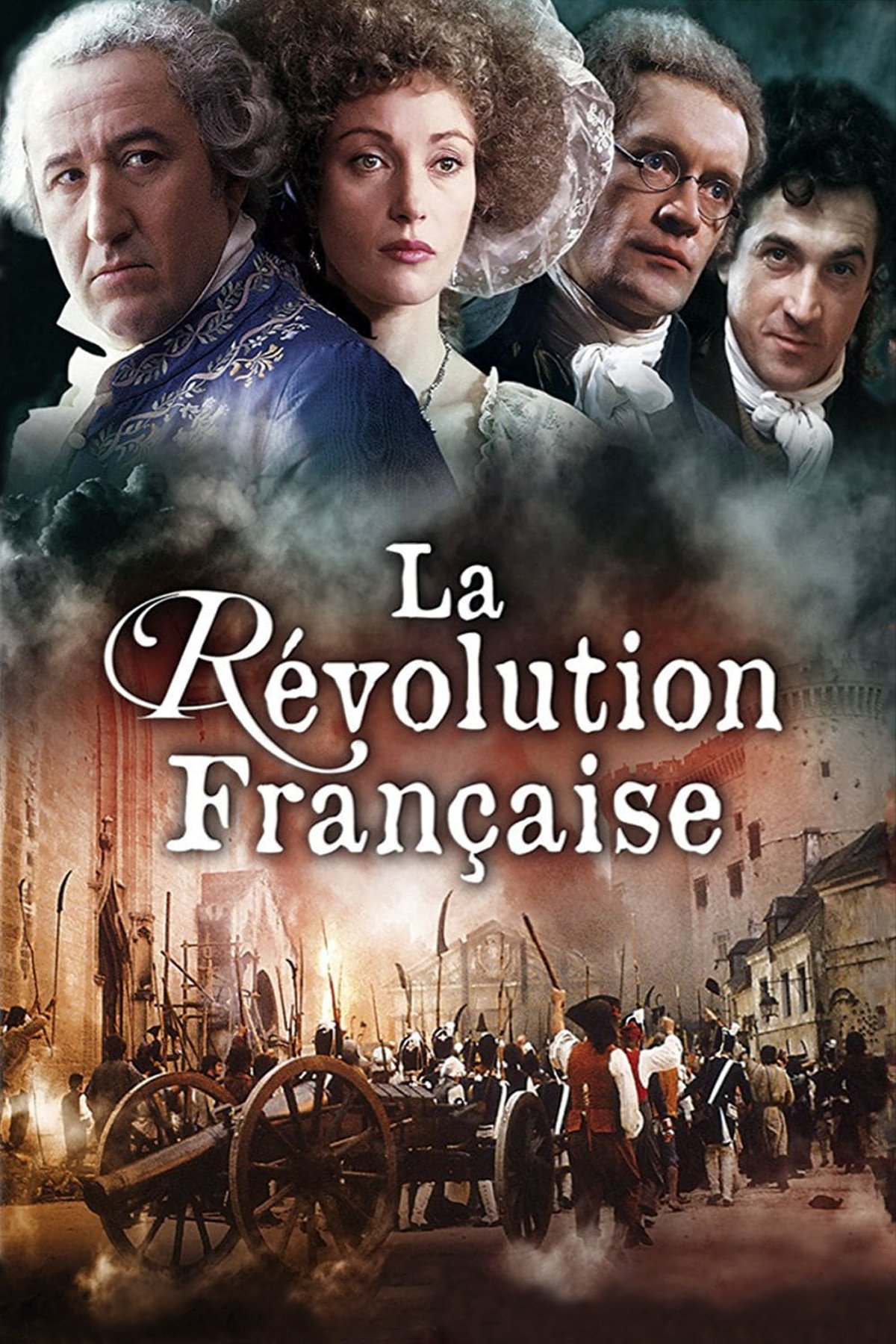
A history of the French Revolution beginning from the decision of the king to convene the Etats-Generaux in 1789 in order to deal with France's debt problem. Part one spans the event until August 10, 1792 (when the King Louis XVI lost all authority and was imprisoned). Part two carries the story through the end of the terror in 1794.
By browsing this website, you accept our cookies policy.